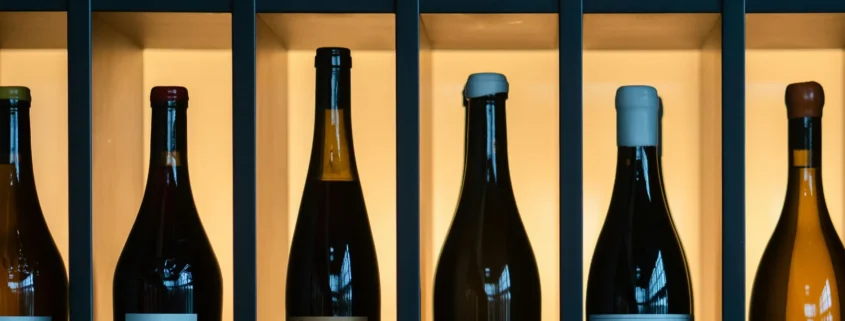
Pennsylvania Liquor License Lawyers
The Pennsylvania Liquor Control Board (PLCB) has strict regulations for the sale and distribution of alcoholic beverages. Whether you are operating a restaurant, hotel, catering company, or another type of business, you will need to comply with these regulations and obtain a liquor license. The process of obtaining a liquor license can be complicated and hiring an experienced business attorney can help.
What kind of liquor license do you need?
There are different types of liquor licenses available in Pennsylvania. Before applying for or transferring a license, you should determine which type of license is right for your business. You must consider the type(s) of alcohol you plan to serve along with how you plan to serve it. Are you only looking to sell beer and wine? Do you want to sell spirits? Will the drinks be consumed on your premises, or will they be taken off-site? You must also consider whether alcohol sales are the primary purpose for your business (like a distributor) or whether it provides supplemental income (like a restaurant or hotel).
The eight types of liquor licenses available in Pennsylvania are listed below:
- Brewery License
- Club and Catering Club Liquor License
- Distributor Liquor License
- Eating Place Liquor License
- Hotel Liquor License
- Limited Distillery License
- Limited Winery License
- Restaurant Liquor License
Obtaining a Liquor License in Pennsylvania
According to the PLCB Bureau of Licensing, there are four ways that a business owner can obtain a liquor license.
- Apply for a new license—You can apply for a new license. There are statutory quotas in place, so you may need to wait until a license becomes available before you can obtain one.
- Transfer a license from person-to-person—If you have purchased a business from an owner who holds a liquor license, you can transfer the license to yourself. This method of transfer only applies to changes of ownership. It does not apply to a change in location.
- Transfer a license from place-to-place—This method of transfer applies when you are looking to move your business to a new location. The ownership has not changed, but the licensed premises has changed.
- Transfer a license from person-to-person and place-to-place—The final method covers situations in which there is an ownership change and a location change. It is sometimes called a double transfer.
Requirements for Liquor License Holders
As a licensee in Pennsylvania, you must stay in compliance with several requirements in order to maintain your liquor license. Some of those requirements include receiving alcohol education from PLCB, proper signage around your establishment, and proper seating, storage, square footage, and health licensing. PLCB also offers RAMP training and certification (RAMP stands for Responsible Alcohol Management Program) and has a License Compliance Program to help licensees comply with Pennsylvania law.
Renewing a Liquor License in Pennsylvania
Once you have obtained a liquor license, you will need to renew it every two years. You will also need to validate the license during non-renewal years. Renewal deadlines are determined by district and you must have your renewal application filed at least 60 days before the license expires.
Liquor license renewals can be denied if businesses fail to comply with PLCB requirements. This may take the form of any of the following:
- Issues with tax clearances,
- Failing to meet building requirements,
- Violating health codes,
- Violating federal or state liquor laws,
- And more.
It’s important to familiarize yourself with Pennsylvania’s liquor laws in order to maintain compliance and successfully renew your liquor license.
How can a lawyer help with liquor licenses?
The processes of applying for, transferring, renewing, and validating liquor licenses are all complicated. There are a number of deadlines and requirements that must be met. Having an experienced attorney, like the ones at Cornerstone Law Firm, can help to ensure you meet the requirements. Not only can we help with filing paperwork and meeting deadlines, but we can also help you to understand Pennsylvania liquor laws and set up your business for success.
If you’re looking to apply for a liquor license, renew a liquor license, or appeal a denial for renewal, Cornerstone Law Firm can help. Our attorneys have experience with both business law and liquor laws and can work with you to ensure you maintain compliance. Call us today to schedule a consultation about your business’s liquor license.
